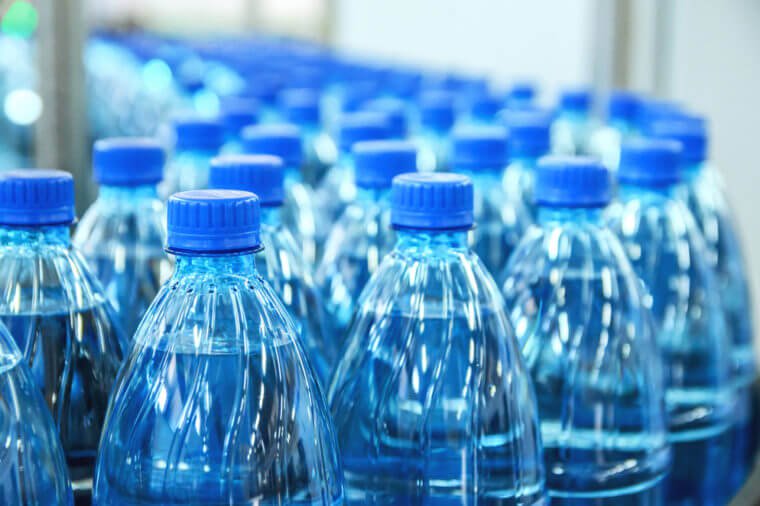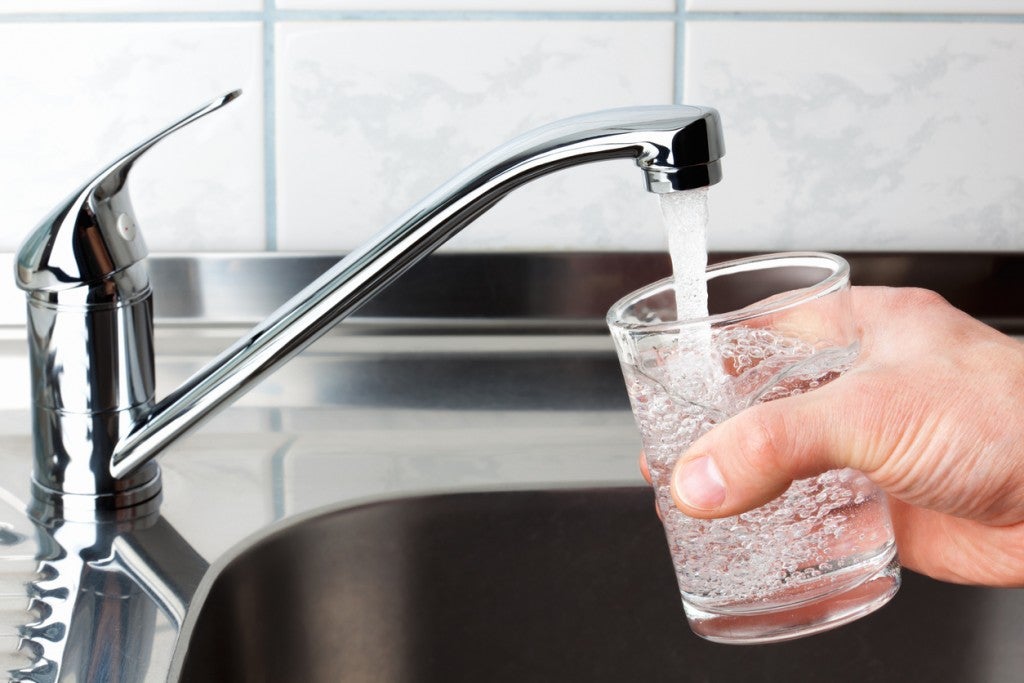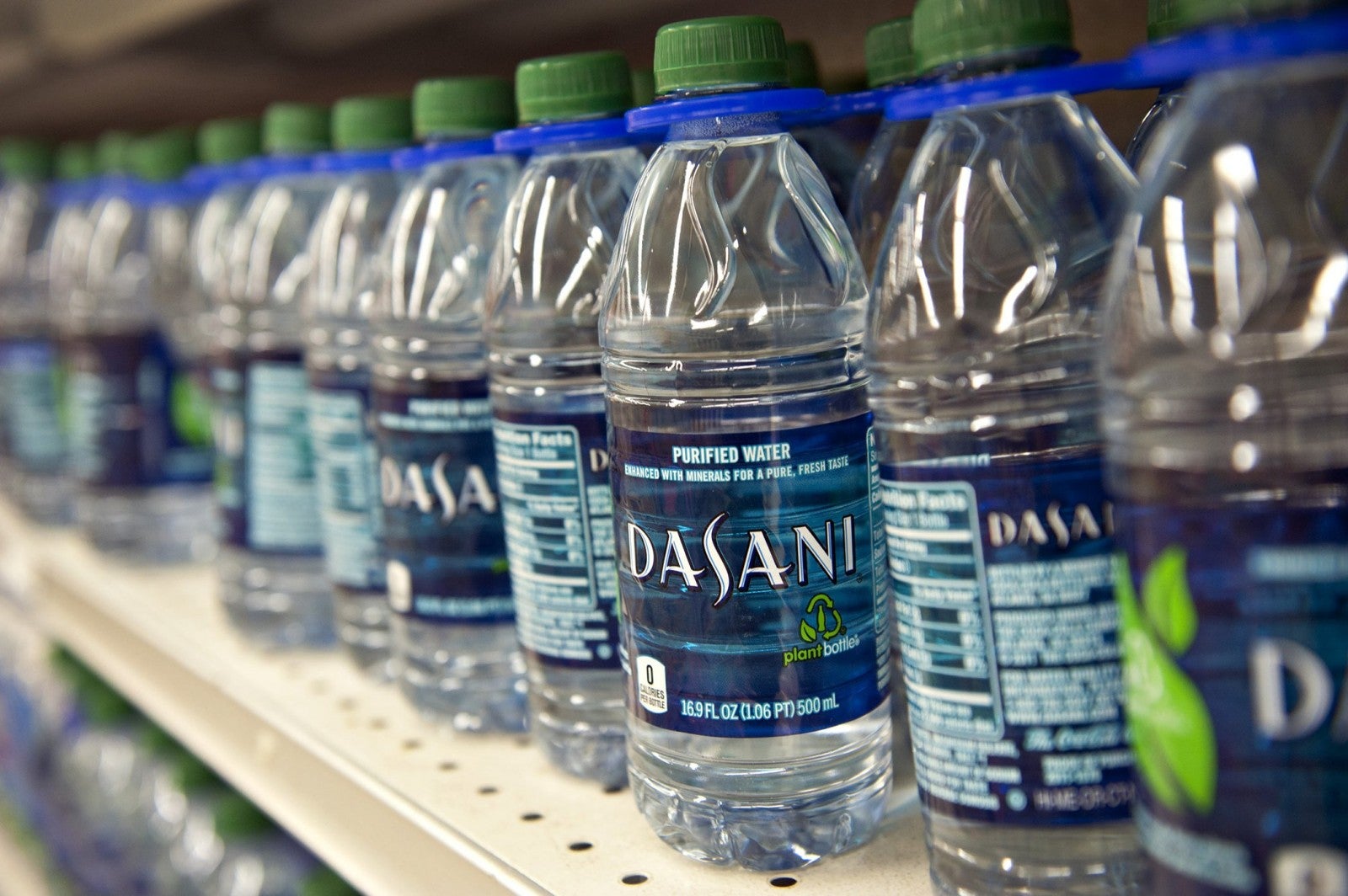Drinking bottled water is considered the cleaner option compared to drinking tap water. However, a more recent research revealed that it may be dangerous to drink out of a plastic bottle after all.
According to NST, a recent study revealed that the world’s leading brands of bottled water are contaminated with tiny plastic particles that seep in during the packaging process. Oh no!

For illustration purposes | source: reader’s digest
The study that was led by a microplastic researcher from the State University of New York at Fredonia, Sherri Mason, found that there was ‘widespread contamination’ with plastic. To proof the contamination, they tested 250 bottles of water in Brazil, China, India, Indonesia, Kenya, Lebanon, Mexico, Thailand and the United States.
Out of the samples tested, 93 per cent were found to contain plastic, with some of them being major brands, like;
- Aqua
- Aquafina
- Dasani
- Evian
- Nestle Pure Life
- San Pellegrino
- Bisleri
- Epura
- Gerolsteiner
- Minalba
- Wahaha
The study further revealed that the plastic debris included chemicals like polypropylene, nylon and polyethylene terephthalate (PET), which are also all ingredients used to make bottle caps. Note to self: never put a bottle cap in my mouth anymore!
“In this study, 65 percent of the particles we found were actually fragments and not fibres. I think it is coming through the process of bottling the water. I think that most of the plastic that we are seeing is coming from the bottle itself, it is coming from the cap, it is coming from the industrial process of bottling the water,” explained Mason.
Not only that, the study also disclosed that a single bottle is most likely to have a plastic particle concentration ranging from zero to more than 10,000. Also, plastic particles in the size range of 100 micron (0.10 millimetre), which is considered a microplastic, were found at an average rate of 10.4 plastic particle per litre. Moreover, smaller particles were common in these plastic bottles, at an average of 325 per litre. That’s a lot of plastic particles!
However, experts aren’t sure what threats this contamination poses to human health but they said that it is best to take caution.
“There are connections to increases in certain kinds of cancer to lower sperm count to increases in conditions like ADHD and autism. We know that they are connected to these synthetic chemicals in the environment and we know that plastics are providing kind of a means to get those chemicals into our bodies,” she said.
Prior to this, a research by Orb Media also revealed that plastic particles can be found in tap water but in a much smaller scale.
“Tap water, by and large, is much safer than bottled water,” shared Mason.

For illustration purposes | source: fairfax county
So, tap water over bottled water.
Meanwhile, Jacqueline Savitz, chief policy officer for North America at Oceana, a marine advocacy group that was not involved in the research, said that the study proves that people must abandon the use of plastic water bottles.
“We know plastics are building up in marine animals, and this means we too are being exposed, some of us, every day. It’s more urgent now than ever before to make plastic water bottles a thing of the past,” she said.
The three-month study used a technique that was developed by the University of East Anglia’s School of Chemistry to detect microplastic particles by staining them with fluorescent Nile Red dye, which makes plastic fluorescent when illuminated with blue light.
“We have been involved with independently reviewing the findings and methodology to ensure the study is robust and credible. The results stack up,” said Andrew Mayes, the lead from UEA’s School of Chemistry.
Looks like we need to cut down on buying bottled water! Opt for flask or brass bottles instead guys!
Also read: Young Malaysians’ Health Deteriorating Due to Bad Lifestyle, Research Shows








































